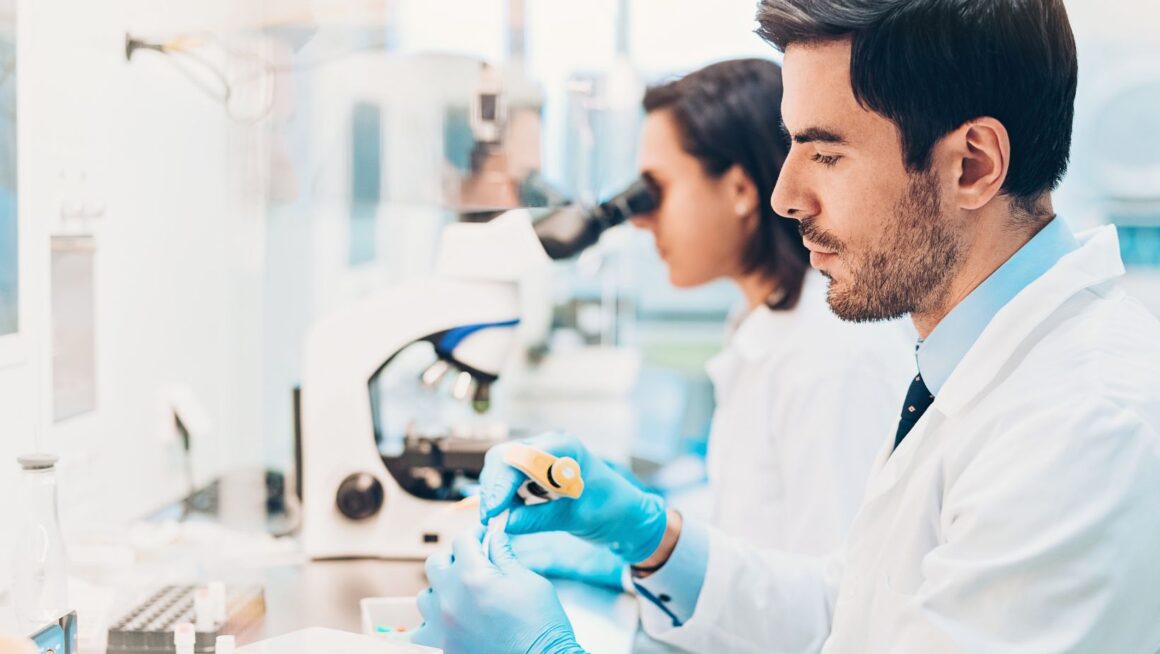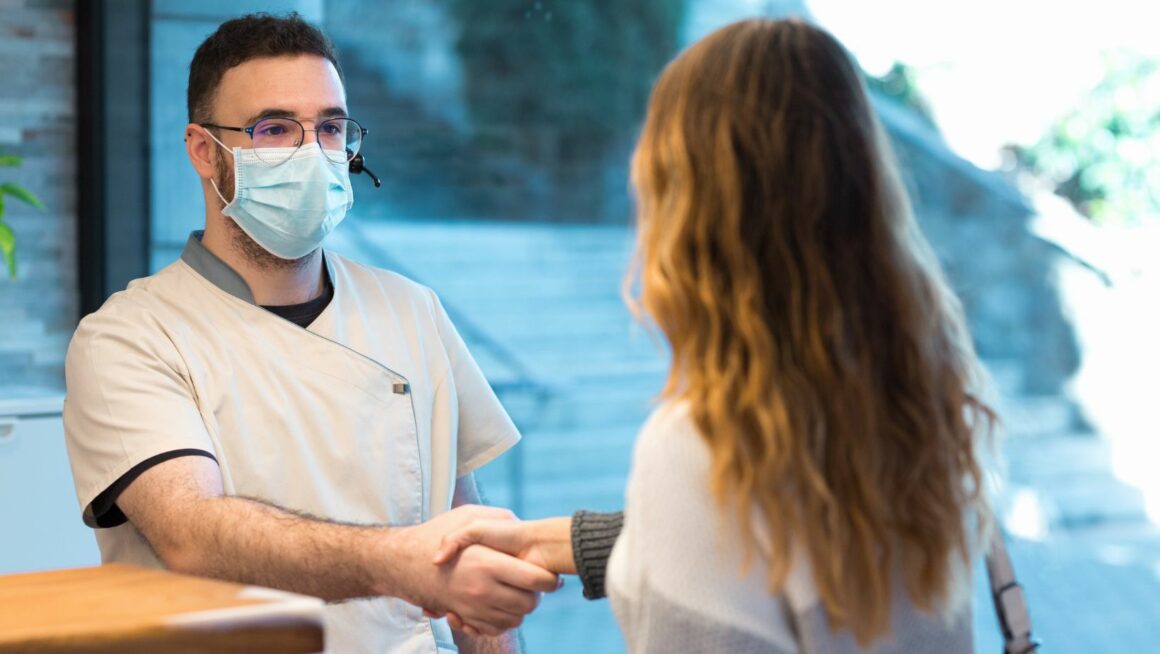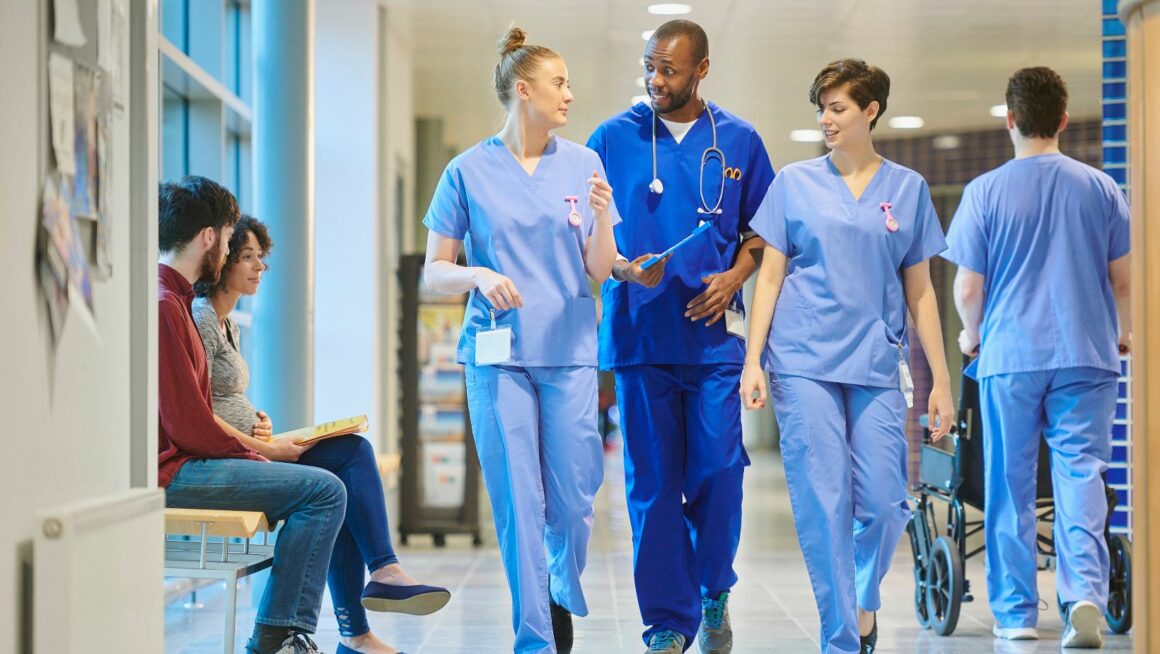The laboratory’s certifications are vital indicators of quality and reliability. Accredited labs adhere to strict standards and undergo regular evaluations. Such labs ensure accuracy and competence. Consider a comprehensive lab that offers a wide range of testing services.
Take into account the convenience and accessibility of the lab. It includes its location, hours of operation, and appointment scheduling process. Finally, review patient feedback and testimonials. Evaluate the laboratory’s reputation to choose a medical laboratory that ensures precise results and a positive experience. You should carefully consider several factors when making your choice.
Understanding Laboratory Conditions and Standards
Knowing special conditions and standards is essential to ensure accurate results, safety, and efficiency in any medical lab. Here are vital factors to consider:
• Environmental Control: Maintaining optimal laboratory conditions is crucial. They are temperature, humidity, and ventilation. Such a step will preserve the integrity of samples and reagents.
• Cleanliness and Sterility: A clean environment minimizes contamination risks. Regular cleaning protocols and the use of autoclaves and sterilizers are fundamental practices.
• Quality Control Procedures: Implementing stringent quality control measures is essential. They include using control samples and standard operating procedures. These methods help maintain consistency and accuracy in testing.
• Personnel Training: Continuous education on lab safety protocols is vital. It ensures high standards are upheld.
• Proper Waste Disposal: This process must be safe and compliant. It helps to prevent contamination and environmental harm.
• Security Protocols: Adherence to laboratory safety standards is important, including the use of personal protective equipment (PPE). These protocols cover the handling of chemicals and biological samples. They prevent accidents and ensure a safe working environment.
• Documentation and Record-Keeping: Thorough records of procedures, results, and maintenance logs are necessary. It provides traceability and accountability.
• Accreditation and Compliance: Ensuring the medical laboratory meets all regulatory requirements. They also must obtain relevant accreditations. It will help to maintain high standards and trust.
• Emergency Preparedness: Having protocols for spills, fires, or equipment failures is essential. It ensures quick and effective responses to minimize damage and maintain safety.
Medical labs should integrate these critical aspects of lab conditions and standards to ensure they operate safely and produce reliable and accurate results.
Essential Laboratory Equipment List for Accurate Testing
A comprehensive laboratory equipment list is a crucial aspect. It helps to ensure accurate testing and reliable results. Here are essential instruments that every medical lab should include:
• Microscopes: Crucial for examining samples at a cellular level. They include blood smears, tissue samples, and microbiological specimens.
• Centrifuges: They separate components of a sample based on density. Centrifuges prepare blood samples and other bodily fluids for lab analysis.
• Spectrophotometers: They measure the absorbance and transmittance of light in a sample. Spectrophotometers are widely used for chemical analysis. They make concentration measurements.
• Autoclaves: Sterilize all laboratory instruments. They ensure a contamination-free environment for accurate testing.
• Incubators: They provide controlled conditions for the growth of microbial and cell cultures. Incubators are critical for microbiology and cell biology studies.
• Refrigerators and Freezers: Reagents and biological specimens are stored at specific temperatures. It helps to maintain their integrity.
• Analytical Balances: High-precision scales weigh chemicals and reagents accurately.
• pH Meters: They measure the acidity or alkalinity of a solution. This is important for various chemical and biological assays.
• Pipettes and Micropipettes: They allow for precise measurement. They provide the transfer of small volumes of liquids. This is crucial for accurate sample preparation and reagent addition.
• Hemocytometers: These count cells in a given fluid volume. Hemocytometers are essential for hematology and cell biology.
• Electrophoresis Equipment: Separates DNA, RNA, and proteins based on size and charge. They are essential for genetic and molecular biology research.
• ELISA Readers: They are essential laboratory instruments. ELISA readers quantify biological substances in samples. They use enzyme-linked immunosorbent assay techniques.
• PCR Machines (Thermal Cyclers): They amplify DNA and RNA samples. They are essential for genetic testing, pathogen detection, and molecular research.
• Water Purification Systems: They provide purified water for experiments and reagent preparation. They ensure that contaminants do not affect test results.

• Fume Hoods and Biosafety Cabinets: They protect laboratory personnel from hazardous fumes. Such cabinets ensure the safe handling of dangerous substances.
• Glassware and Plasticware: Beakers, flasks, test tubes, and Petri dishes. Such equipment is necessary for various laboratory experiments and sample handling.
Maintaining a comprehensive laboratory equipment list is vital. The lab should also ensure that all instruments are in optimal working condition to achieve accurate and reliable testing results. This is across various scientific and medical disciplines.
Importance of Laboratory Safety Measures
Laboratory safety measures are essential for protecting both personnel and the work’s integrity. Let’s explore why they are crucial and a list of key practices. They ensure a safe working environment. Check them out:
• Prevention of Accidents: Proper laboratory safety protocols help prevent accidents. They are spills, fires, and equipment malfunctions. It can cause harm to personnel and damage to facilities.
• Compliance with Regulations: Adhering to safety standards and regulations (e.g., OSHA, EPA). It ensures the laboratory operates within legal and regulatory frameworks. This step helps avoid legal consequences and fines.
• Protection of Supplies: Implementing safety practices helps prevent damage to valuable laboratory equipment. It extends its lifespan and maintains operational efficiency.
• Enhanced Work Environment: A safe laboratory space promotes better focus and productivity. Staff members can work without fear of accidents or health risks.
• Training and Education: Regular training on safety laboratory conditions practices is crucial. It ensures that all personnel are knowledgeable. They understand all proper procedures, equipment use, and emergency protocols.
• Proper Use of Personal Protective Equipment (PPE): Gloves, goggles, and lab coats. It’s crucial to use them correctly. It helps protect individuals from exposure to hazardous materials.
• Maintenance of Lab Conditions: Regular monitoring of ventilation, cleanliness, and proper waste disposal. It contributes to safety and effectiveness in the medical laboratory.
• Incident Reporting and Management: Implementing a system for such incidents. It ensures that issues are promptly addressed. Lessons learned help prevent future occurrences.
• Minimization of Exposure: Safety measures reduce the risk of exposure to dangerous substances. It safeguards health and well-being.

• Regular Safety Audits: Conducting periodic ones helps identify potential hazards for improvement. It ensures that safety practices remain practical and up-to-date.
Labs should prioritize these laboratory safety measures. They can create a secure environment that protects personnel and preserves equipment. Laboratories must maintain high operational standards.
Laboratory Background and Accreditation
Understanding laboratory background and accreditation ensures the reliability and quality of its testing and analytical services. Here’s a guide to what these aspects entail:
• History and Experience: The history of a laboratory can provide insights into expertise. Established ones with a long history often have refined processes. They also have a wealth of knowledge in their field.
• Specializations: Labs may specialize in various areas. They are clinical diagnostics, environmental testing, or research and development. You must know the medical laboratorie’s specialization. It will help determine whether it suits your specific testing needs. For example, if you’re looking for advanced techniques such as immunohistochemistry (IHC), it’s essential to choose a lab that offers a comprehensive IHC service to ensure precise diagnostic results.
• Reputation: A lab’s reputation is often reflected in customer reviews, testimonials, and industry recognition. A well-regarded lab is more likely to provide accurate and reliable results.
• Facility and Equipment: Their quality and state-of-the-art nature can impact the accuracy of results. Modern, well-maintained equipment typically ensures more reliable testing.
We prepare information about laboratory accreditation. Here is it:
• Compliance with Standards: Accredited labs follow industry regulations. They include proper testing methodologies, quality control procedures, and ethical practices.
• Certifications: The laboratory near me should have relevant ones from recognized bodies. They are the International Organization for Standardization (ISO), College of American Pathologists (CAP), or Clinical Laboratory Improvement Amendments (CLIA). These certifications ensure that the lab meets quality and operational standards.
• Accreditation Scope: Check this point. Ensure it covers the specific types of tests and analyses you require. Accreditation may vary based on the laboratory’s capabilities and services.
• Continuous Improvement: Accredited labs are often involved in continuous improvement programs. They enhance their processes and services. Such improvements ensure they stay current with technological advancements and industry standards.
You must thoroughly understand a laboratory’s background. Also, verify its accreditation status to make informed decisions. They are about its reliability and suitability for your testing needs. This ensures that you receive accurate and high-quality results.
Conclusion: Important Tips for Medical Laboratory Choice
The proper medical laboratory is essential for obtaining accurate and reliable test results. Key tips include verifying the lab’s accreditation and certifications to involve assessing the expertise of its personnel. For convenience, search for a laboratory near me that meets these criteria. You can ensure that you select a suitable one!



